Two Olympians involved in rowing’s disastrous Paris campaign have lifted the lid on the sport’s toxic culture, claiming athletes were exposed to a high performance environment where they “hurt you on purpose”.
The pair, who spoke to Code Sports on the condition of anonymity to protect their future selection prospects but agreed to be identified as female two-time Olympians, outlined several issues in the training, selection and performance sphere, from petty levels of control, to regimens that led to the physical and mental breakdown of athletes.
“It was absolutely, just a culture of fear for all the staff and athletes,” one athlete said.
“There’s no logic to it at all. It’s not that if you train really hard and do the right thing, you’ll end up in the team - they’ll basically try to break you down if they don’t like you.
“Hurt you on purpose. They don’t get the result they want at the trials and so they come up with a reason to re-trial over and over until they get the result they want.
“And then you say, ‘I’m getting injured, I’m getting sick’. They don’t care about your wellbeing and they will just use that as a reason to take you out of a boat that you’d objectively earned your spot in.”
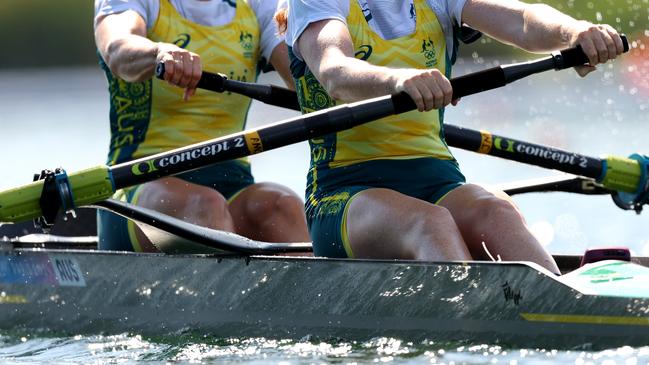
Promo pic 1
REVELATIONS OF A TOXIC CULTURE
Their experiences support the findings of a Rowing Australia (RA) review following the sport’s worst Olympic performance in almost four decades, which examined a variety of issues from performance-related to cultural, including the detailing of a “culture of fear and repercussion” and led to a major overhaul of the high performance (HP) program.
The athletes acknowledged changes had been made and that the report addressed certain issues.
But they also criticised the scope and findings of the governing body’s investigation, based on extensive surveying and interviews of athletes before and after the Paris campaign, believing in particular it had primarily focussed on coaching rather than the entirety of the program.
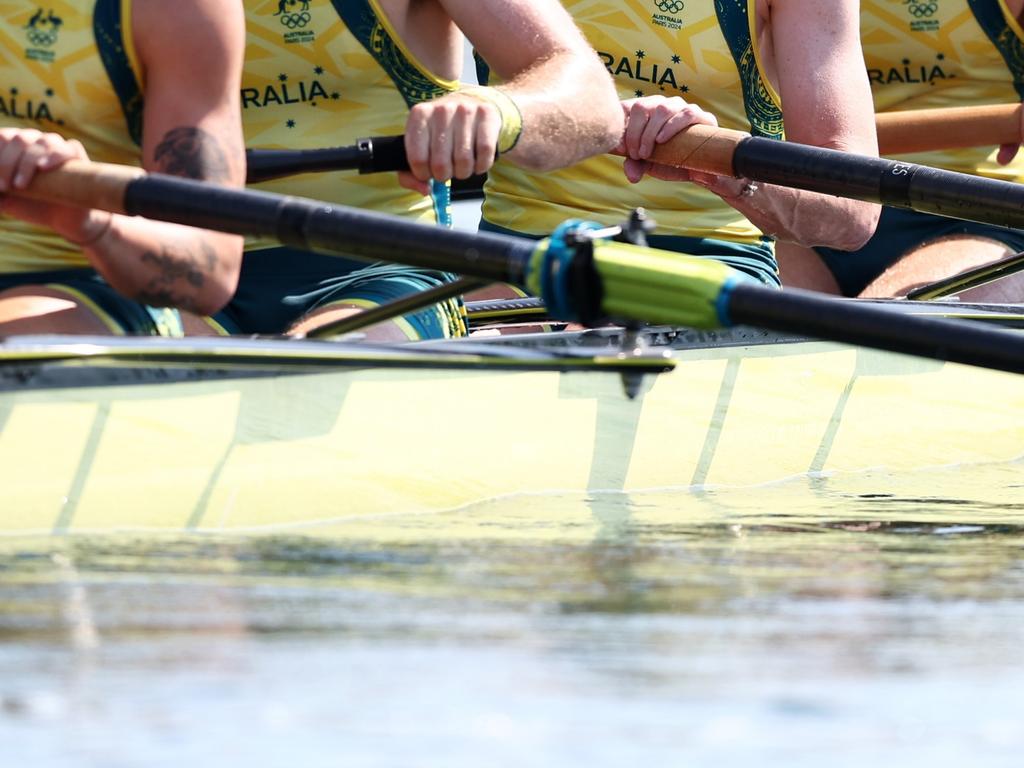
Reinforcing RA’s finding that a “culture of fear” existed within the high performance program, the athletes told this masthead of several concerning issues including:
* Deliberate “breaking down” of athletes
* Injuries that shouldn’t have happened
* Sidelining of outspoken athletes
* A powerless athletes commission
* Abuse of discretionary selection power and manipulation of trial results to come up with preferred combinations for boats
* Lack of privacy around physical and mental health
* Feeling that outside study or work will be used against athletes
* Petty levels of control
There were absolutely cases of abuse in our centre towards both athletes and support staff
CRITICISM OF THE GOVERNING BODY’S INVESTIGATION
The athletes also question why the full report of the review was not made available to all athletes, with only a summary provided.
Both women said they had witnessed coaches berate other athletes.
“There were absolutely cases of abuse in our centre towards both athletes and support staff,” one said.
“There was one day that the coach was absolutely screaming at one of the athletes because she got off the water, for legitimate health reasons, and all the coaches, all the staff, all the athletes, just saw it and walked past, because no one feels like they can do anything because of fear of repercussions.
“She reported it and he basically just got a slap on the wrist. But that was it.”
Speaking to Code Sports separately, the other athlete reported a similar incident.
“There were certainly instances that I directly witnessed that (verbal abuse), and I know athletes have complained about (name redacted) for similar kind of behavioural things, but there didn’t seem to be any kind of obvious outright response to that,” she said.
“So there was definitely this culture of fear.”
The pair also criticised the scope and findings of the governing body’s investigation, based on extensive surveying and interviews of athletes before and after the Paris campaign, believing in particular, it had not closely examined senior roles in the sport.
Code Sports has seen survey questions asked of athletes and while 13 apply directly to coaching, there was the ability for respondents to comment on the most challenging and impactful aspects of the Olympic cycle.
“From the get go, that was a concern of mine. (Blame) can’t all rest on the head and shoulders of one person, it’s got to represent poor broader management, their issues there too,” she said.
“None of the questions that we ever answered seem to be directed at anything higher than coaching staff, physio, doctor, it’s all just our experience with that.”
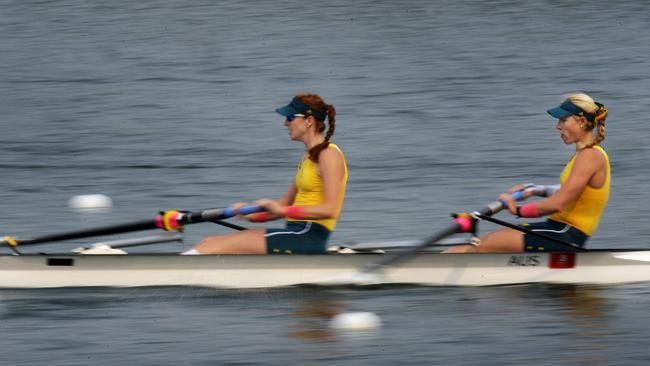
pROMO PIC 2
CHANGES AND REFORMS
With an interim report from external independent consultants delivered to chief executive Sarah Cook in the first week of the Games, critical decisions were made the day after the Paris Olympic regatta finished to allow the sport to move forward.
Further interviews following the Games led to the full report’s completion which resulted in several other systemic and cultural changes, including an organisational restructure, the recruitment of new men’s and women’s head coaches, rewriting of the senior selection policies and review of the selection panel composition and adoption of the “Rowing Australia Way”.
High performance director Paul Thompson, who returned to RA in late 2021 after coaching China at the Tokyo Games and was not involved in the day-to-day coaching at either the women’s training centre in Penrith or men’s centre in Canberra, where athletes have complained of a “culture of fear”, maintained his position, although he did offer his resignation following the Paris regatta.
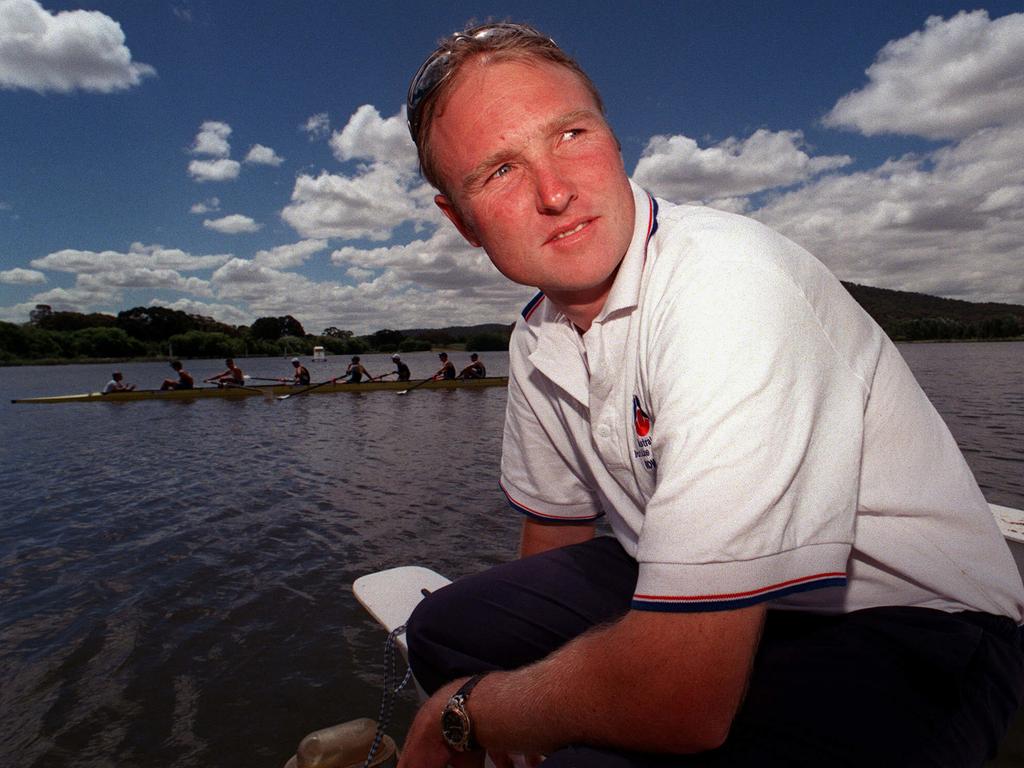
“It was always going to be a delicate balance between evolution and revolution when joining a High Performance (HP) program in the shortened three-year Paris cycle after it had already commenced. The planning and timing required to prepare and compete at an Olympic and Paralympic Games is immense,” Thompson said.
“In saying that, I have always taken full responsibility for any program under my guidance and did the same for the lead-up to Paris.
“We all knew the results weren’t up to the standards of Australian rowing and I offered my resignation to our CEO Sarah Cook the moment the Olympic regatta had finished.
“I’ve never sought to dodge accountability and like everyone involved, my role and performance was under the microscope during the review process. In no way was I exempt or excluded.”
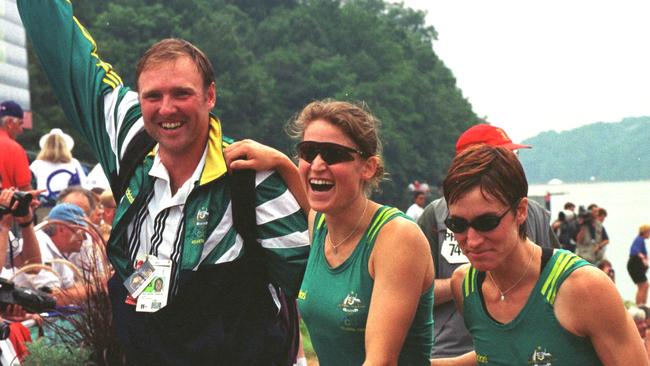
Promo Pic 3
ROWING AUSTRALIA HITS BACK
Thompson was not the subject of any findings in the RA review, nor is he accused of wrongdoing in relation to the claims of a toxic culture.
RA also rejected the idea that Thompson’s role had not been scrutinised in the review and said in a statement it had full confidence in him.
“Paul Thompson MBE is one of the world’s most-respected coaches and Rowing Australia (RA) has complete confidence in his ability to oversee our program, work with our coaching leaders and help our performance staff and athletes thrive and succeed,” the statement said.
In the months since the Games, RA has appointed James Harris, former British women’s team Olympic high performance coach, as head coach at the national women’s training centre in Penrith, while Chris O’Brien has returned to the sport following a stint at Gymnastics Australia, to head the men’s program in Canberra.
Beijing Olympics gold medallist Duncan Free has also returned to the sport as General Manager - High Performance in a new role to work with Thompson and head of pathways Jason Lane to drive the HP strategy.
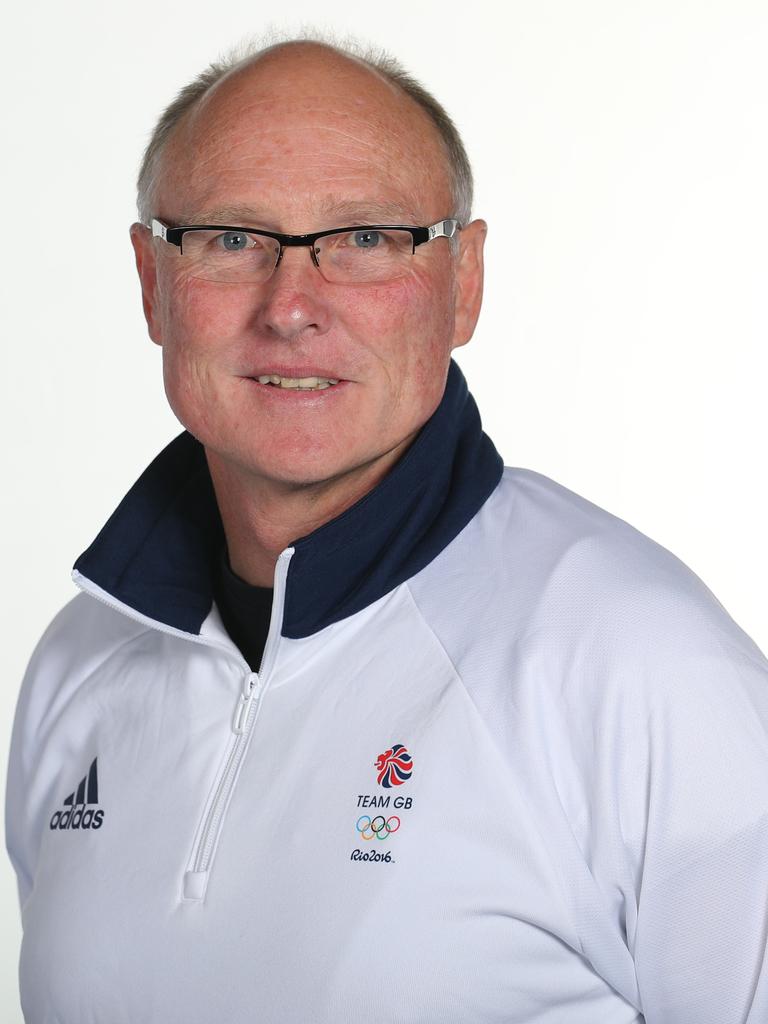
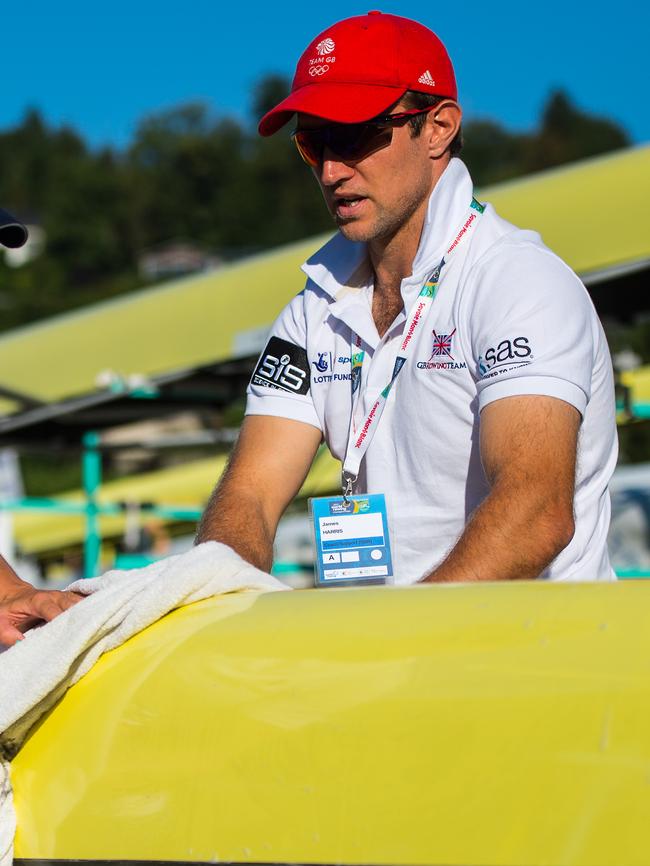

An RA spokesperson said no facet and no person within the HP program did not come under the remit of the investigation or review.
“Rowing Australia (RA) reaffirms its commitment to the rigorous, transparent and all-encompassing high performance review after Paris, which was undertaken by the RA Board in conjunction with management and expert consultants,” it said in a statement.
“This review considered all aspects and personnel within the high performance program in the aim of developing a world-class environment for our athletes that allows them to perform at their best - and foster holistic development - as we embark on the LA cycle.
“That review was undertaken with the support and engagement of major stakeholders within the sector and its findings proactively presented throughout the rowing community, the athletes, Rowing Australia, key external stakeholders and shared through the media.”
THE PATH AHEAD
Thompson said the organisation had been “transparent and proactive” with the review, which had been presented to athletes, staff and the wider rowing community.
“Many of the changes have already been actioned or are in the process of being actioned as we prepare to race in Europe and a World Championships in China in September,” he said from Europe where he is helping prepare members of the Australian squad for the season-opening World Cups.
“I’m extremely proud to be one of the leaders of this program and am hugely motivated to drive an athlete-focused culture of improvement and ultimately success as we build towards LA 2028.
“We’ve added some world-class talent to our coaching and HP ranks and are committed to giving our rowers every opportunity to be at their best when it matters the most.”
But the athletes who spoke to Code Sports said the jury is still out on whether the changes will stand the test of time.
When push comes to shove, if the results are poor or not what they expect, then do they just divert to the default (culture) of what was present previously?
Both believed there were Olympians who had retired following the Tokyo and Paris Games because they did not have faith in the system and others who were now sitting back and waiting to assess whether changes made following RA’s review would truly shift the high performance programs.
“The culture is moving in the right direction at the moment but from the environment and the culture that did exist, anything, I think, is going to be an improvement on that,” one said.
“It’s not hard to achieve an improvement initially, and then, obviously, they’ll be in a bit of a honeymoon period so everything’s going to be going along tickety boo, and everyone’s going to be really happy with it.
“But when push comes to shove - and we’ll see what happens at world champs this year - if the results are poor or not what they expect, then do they just divert to the default (culture) of what was present previously?”

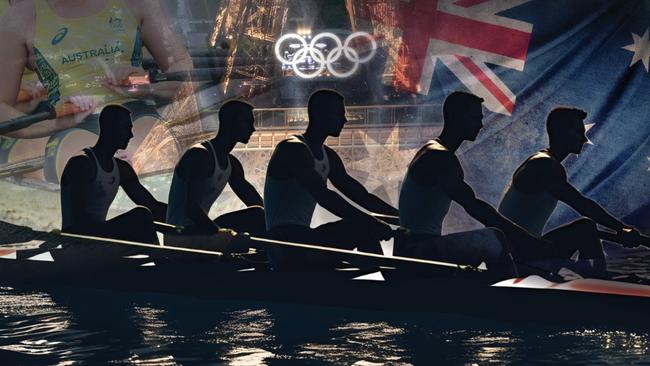
Rain, hail and Artie’s legs … Stadium boss says goodbye
Suncorp Stadium boss Alan Graham will retire next month, taking with him precious memories from Wally Lewis to Luke Combs and an Arthur Beetson story that tops the lot.
Fans all say the same over Broncos jersey
Rugby league fans far and wide were losing their minds as the Brisbane Broncos unveiled a unique look on Saturday night.